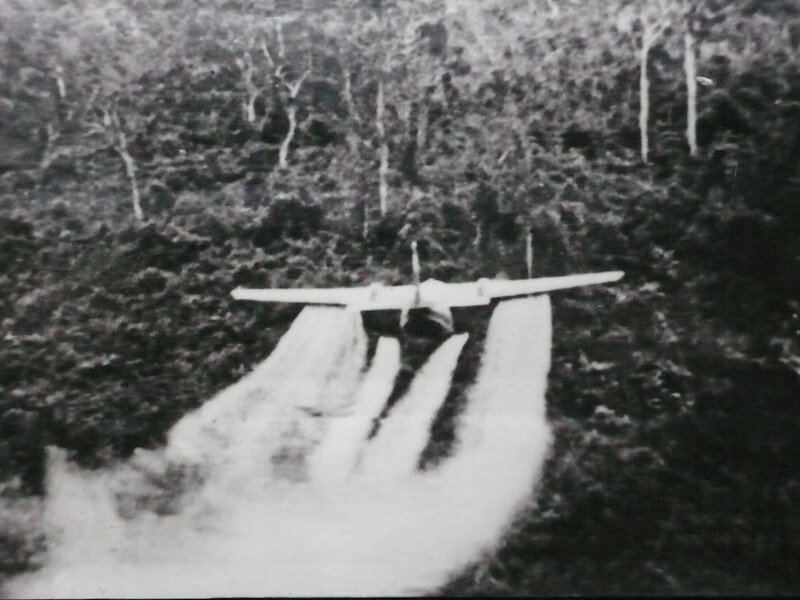Agent Orange
By Brandon Downs
Agent Orange was one of the various chemicals the United States Military utilized in the Vietnam War. The US military commissioned two companies, Monsanto and Dow, to create barrels of chemicals to be used by soldiers stationed in Vietnam. Agent Orange is officially classified as an herbicide. Its use began in 1961 during Operation Ranch Hand and ended in 1971. Its military purpose was to defoliate Vietnam’s dense forest areas in an effort to remove areas that communist forces may have been using to hide. It was also used to destroy crops that were vital to the enemy. The US Military additionally performed low-flying spraying operations in an effort to kill essential food sources of the National Liberation Front (NLF). By utilizing this tactic, however, the chemicals ended up impacting more than just the intended targets.
Scientists later discovered that a byproduct of the chemicals 2,4,5-trichlorophenoxyacetic acid (2,4,5-T) is dangerous to humans. They concluded, “tetrachlorodibenzo-p dioxin—commonly called “dioxin”—which is a by-product of the manufacture of 2,4,5-T and is toxic even in minute quantities.”This caused unimaginable side effects for both Americans and Vietnamese.
The human health impact from exposure to Agent Orange was astronomical. This toxic chemical led to various health and mental issues that developed as a result of its use. The National Library of Medicine lists numerous cancers that result from Agent Orange exposure. Additionally linked to contact include illnesses such as Ischemic heart disease, Parkinson’s disease, and even Diabetes. According to the National Library of Medicine, these diseases were found by medical experts to be caused or exasperated by the effects of Agent Orange. On top of this, Agent Orange also causes defects in the children of those who were exposed. Currently, these defects such as Spina Bifida are still present in the relatives of those who were exposed.
The use of Agent Orange also had a profound change in the ecosystems within Vietnam. The fish and animals that were exposed absorbed the chemicals within their fatty tissues. These animals and fish were then eaten by the Vietnamese which caused the exposure rates to increase. This combined with the death of plants in large areas within Vietnam forever changed the environment and its animal population.
Agent Orange had a lasting impact on members of several nations. Its use as a weaponized Herbicide enabled its use in a variety of applications, including weed control on military bases. to be used for military purposes as well as (maintenance of weeds and unwanted plant life within military bases). While its side effects were not well known at the time, its use in the Vietnam War carries on a legacy of infamy and pain. The name Agent Orange lives with a connotation of suffering and sickness as families and victims are still dealing with its repercussions today.


